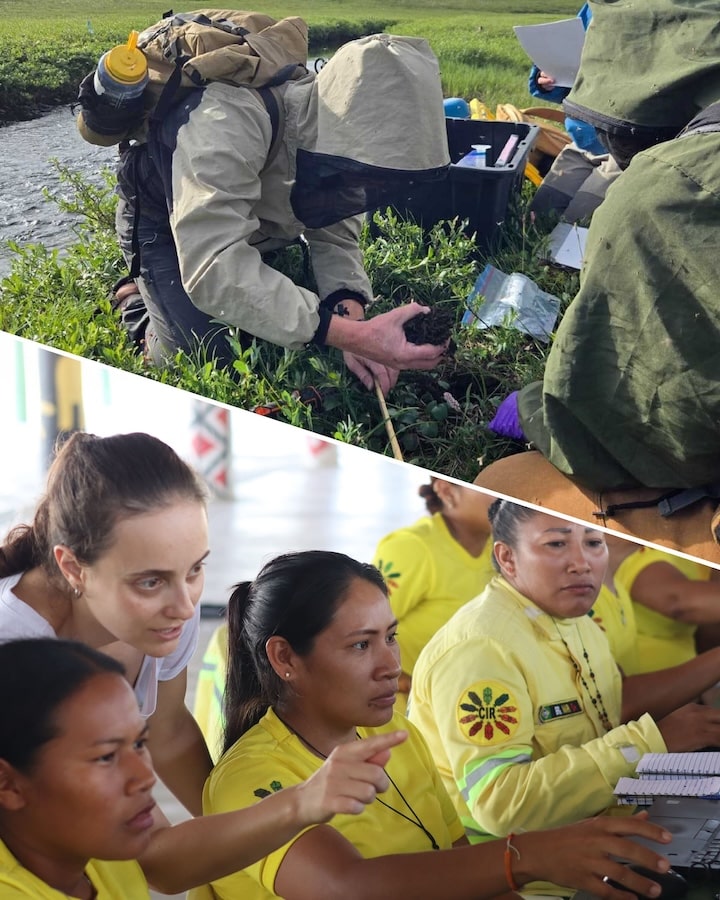Grazing lands as climate solutions: Key practices for carbon and biodiversity
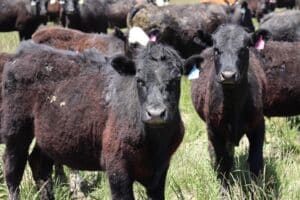
A new review of U.S. grazing land practices explores how land stewardship and ranch management practices can help fight climate change. The study identifies promising strategies—such as wetland restoration, planting legumes in pastures, and adjusting grazing intensity—that could boost soil carbon, cut greenhouse gases, and deliver co-benefits for biodiversity, water quality and soil health. But it also underscores a critical need for more research to guide long-term sustainable management.
Read more on Cool Green Science.
What the COP30 climate summit in the Amazon delivered for forests and Indigenous people

Brazil insisted on hosting this year’s COP30 climate summit in the Amazonian city of Belem to put rainforests at the heart of negotiations on how to curb global warming.
But as delegates from almost every country concluded tense talks under the rainforest’s humid heat, the outcome for trees and their guardians, though unprecedented, was bittersweet.
Tropical Forests, Forever?

As the host of this year’s UN climate treaty negotiations and home to most of the Amazon tropical rainforest, Brazil led a major advance for forests and their indigenous inhabitants called the Tropical Forest Forever Facility. The new $125 billion fund, with guarantees for investors, will send its profits to countries with documented forest preservation, including some cash going directly to indigenous and local populations. Michael Coe, a senior scientist at the Woodwell Climate Research Center who was at COP30, joins Hosts Steve Curwood and Jenni Doering to explain why forest protection is a vital piece of stabilizing the climate.
Listen or read more on Living on Earth.
TFFF “an Arrow in the Quiver, not a Silver Bullet”
Brazil-backed fund aims to provide long-term funding for tropical forests via a model that incentivises stewardship and crowds-in private investment.
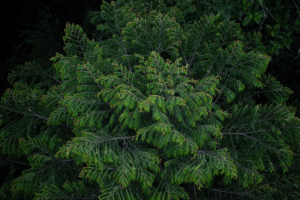
The tropical forest fund hailed last week by Brazil’s President Lula has the potential to deliver policy change as well as cash flows, but further government backing is just one of several keys to investor support.
Speaking at the COP30 Leaders’ Summit, President Luiz Inácio Lula da Silva described the Tropical Forest Forever Facility (TFFF) as an “unprecedented initiative”, highlighting the leading role being played by governments from the Global South.
Continue reading on Sustainble Investor.
Trump is skipping the UN’s climate conference. Some New Englanders are filling the void.

As local climate leaders head to the United Nations annual global climate talks — this year, in Belém, Brazil — it’s hard not to think about 2017.
That’s the last time that the talks were held during the first year of a Trump administration. Back then, less than six months into his first presidency, President Trump made his message clear: Washington was not interested in international cooperation to tackle the climate crisis.
Then, as now, representatives from states, cities, nonprofits, and corporations flocked to the conference to try to send their own message: “There’s more to the US than what is coming out of Washington,” said Lou Leonard, who is now dean of Clark University’s School of Climate, Environment and Society in Worcester.
Read more on The Boston Globe.
Alaska permafrost put at risk by climate change
Researchers are racing to study how fast permafrost is transitioning from carbon sink to source of emissions, with the climate in the balance.
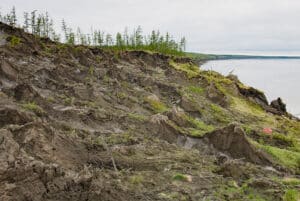
On a blustery day in August, a team of five scientists watched with perverse fascination as saltwater from the Arctic Ocean lapped over the tundra of Alaska’s Prudhoe Bay. They’d spent more than a year studying the phenomenon that’s increasingly common as land ice melts, but had never witnessed it firsthand.
The ground is swallowing homes in this Native village in Alaska. Residents have no choice but to move
The climate crisis is causing the permafrost to melt in Alaska, forcing the village of Nunapitchuk to relocate
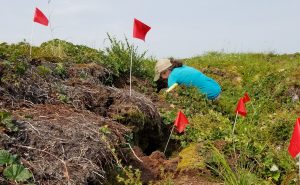
Children splash gleefully in the river as adults cast fishing lines or head into the Alaska tundra to hunt. It’s a scene that has characterized summer days for centuries among the Yup’ik people who have long lived in south-western Alaska, where the village of Nunapitchuk stands. But, with temperatures in Alaska warming nearly four times faster than most parts of the globe, that way of life is about to change.
Homes in Nunapitchuk have been sinking into the permafrost, and residents have decided their only choice is to move the entire village to higher ground.
Continue reading on The Guardian.
Scientists have a dire new warning about the state of the planet
Recent climatic developments “mark the beginning of a grim new chapter for life on Earth,” but it’s not too late for radical action.
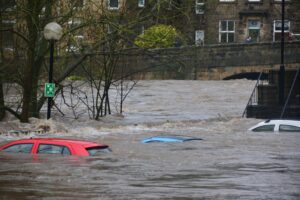
As the end of 2025 approaches, regular folk take stock of the past year, and maybe ponder their New Year’s resolutions. Climate scientists, on the other hand, have been busy parsing mountains of data from the last 10 months, ranging from global temperatures to measurements of polar ice to the costs of extreme weather. Accordingly, their goal for 2026 might be to somehow make world leaders understand that humanity is running out of time to avert catastrophe.




